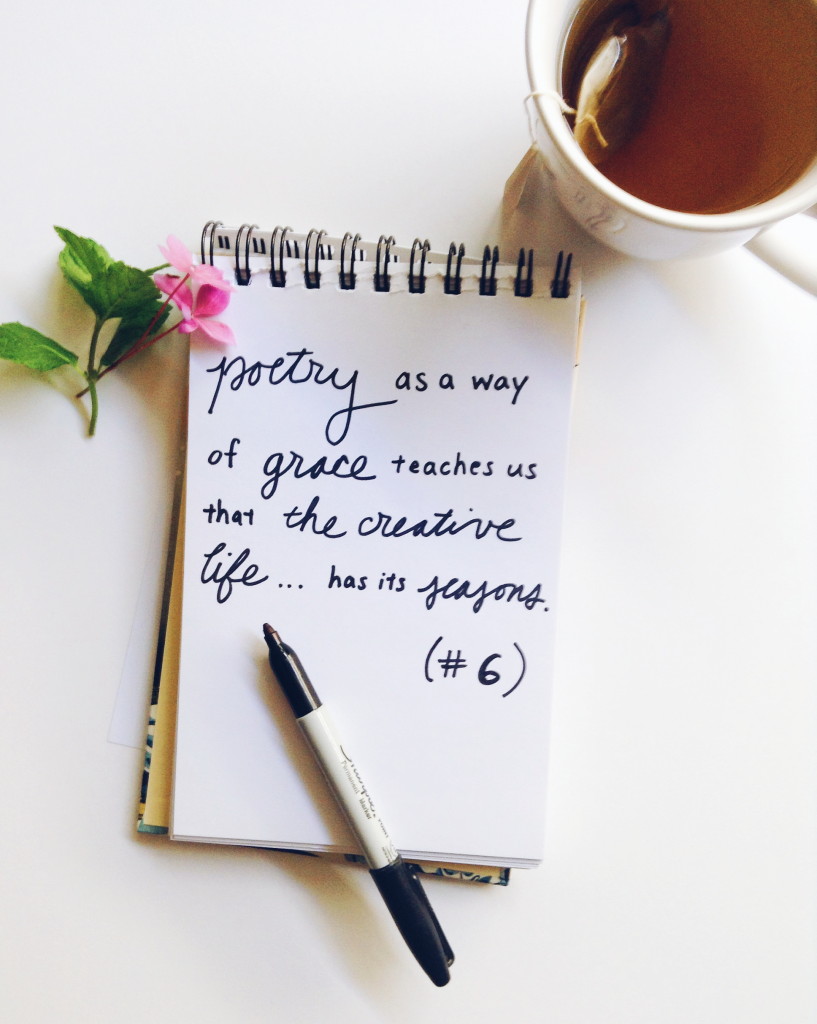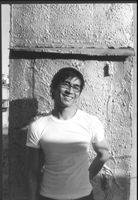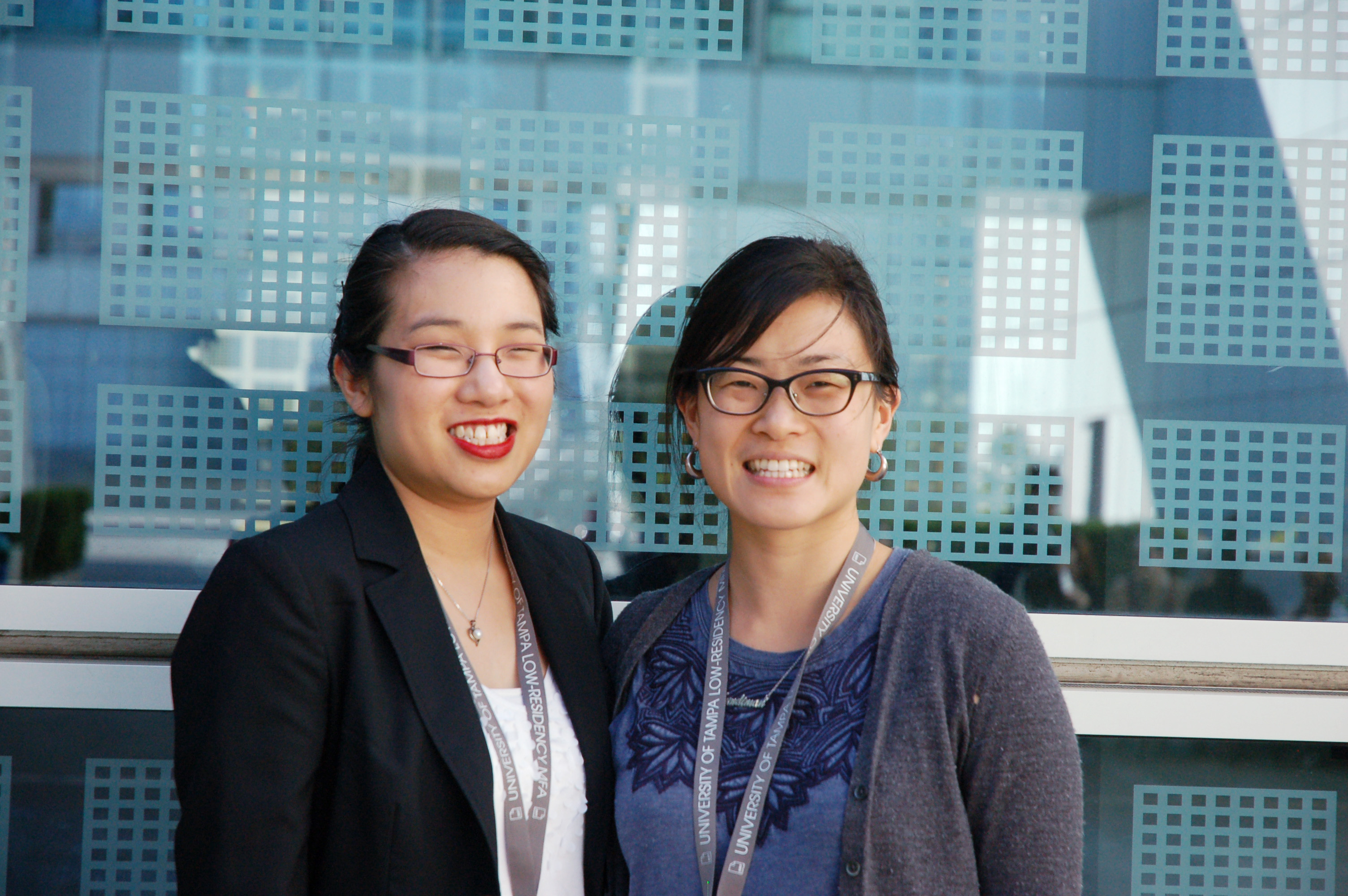
APIA Heritage Month has come and gone, and in its wake, I’m reminded more than ever of the current stakes for our community. It’s been a tumultuous last few months. Beginning in April, just after AWP and as LR was planning its collaboration with the American Bookbinders Museum, a wave of painful incidents once again demonstrated the challenges of Asian American representation. It started when the New Yorker published Calvin Trillin’s racially tone-deaf poem about Chinese food, “Have They Run Out of Provinces Yet?,” and continued with reports of yet more yellowface casting in Hollywood, a Facebook post by Mark Doty that made sport of the English on a Chinese restaurant’s menu, and, most recently, manifested itself on television, when Ann Coulter insisted that all Asian Americans ought to be referred to as “Mandarins.” With Michael Derrick Hudson’s engagement in literary yellowface in last year’s Best American Poetry and Chris Rock’s use of Asian American children as props at the Oscars still fresh in our memories, we couldn’t be blamed for feeling that lately, the assault has been relentless. Again and again, we’ve seen the Asian American body become yet another object on which others have imposed their own narratives of fear and foreignness. Repeatedly, we’ve found ourselves fighting for the right to own our bodies and the cultural narratives that they inhabit. Throughout all of this, we’ve witnessed the beauty and strength of a community rising up to make itself heard, but we’ve also wrestled with the reality of watching those who’ve spoken out be continually dismissed and silenced.
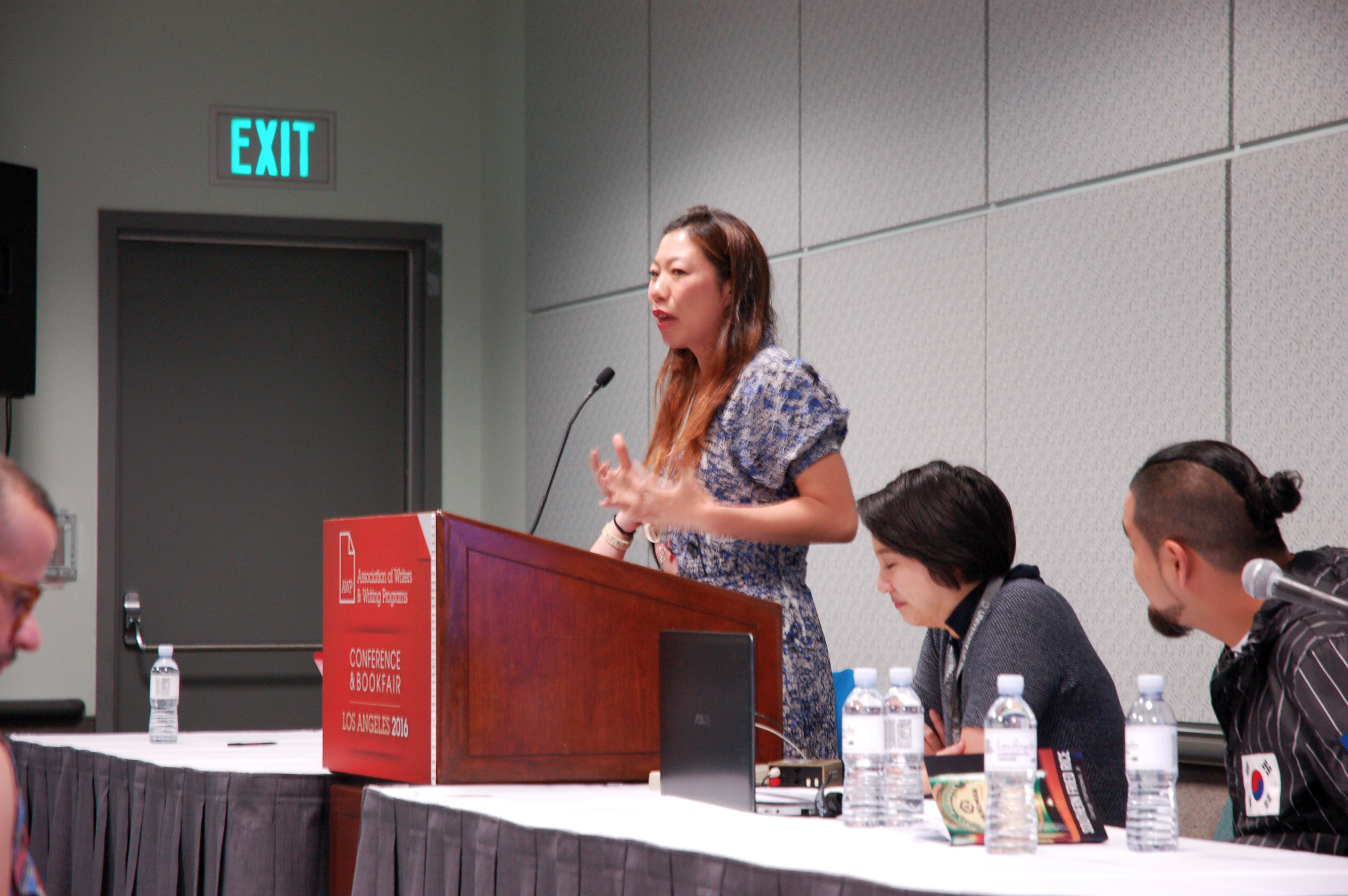
After Calvin Trillin’s poem was published, Asian American writers all over the nation responded en masse, making their criticisms known on Twitter and Facebook, writing letters to the New Yorker, crafting response poems and parodies (many of which the AAWW later documented in this helpful post at the Margins), publishing critical essays (e.g. Timothy Yu’s prescient essay in the New Republic, Paula Young Lee’s incisive article for Slate, Wendy Chin-Tanner’s thoughtful piece at XO Jane, and Neil Aitken’s analysis for the podcast Racist Sandwich’s blog), and giving interviews on the radio (e.g. Hyphen editor Karissa Chen’s appearance on the Heritage Radio Network show, Eat Your Words). The public backlash to these responses was swift and unmerciful. The Huffington Post published a blog post positing that anger was an inappropriate, even unfair, response because of Trillin’s age. Joyce Carol Oates tweeted a ditty that described Trillin as “misunderstood.” Yu, Chen, and countless others who spoke up were harrassed by strangers on social media who characterized them as hysterical, berated their “oversensitivity,” and called their credentials into question. The message, it appeared, was that Asian Americans’ right to speak about our own cultures and experiences, to tell our own stories on our own terms, did not matter—at least, not as much as protecting the right of a white man with considerable privilege and status to speak for us (even if at our expense).
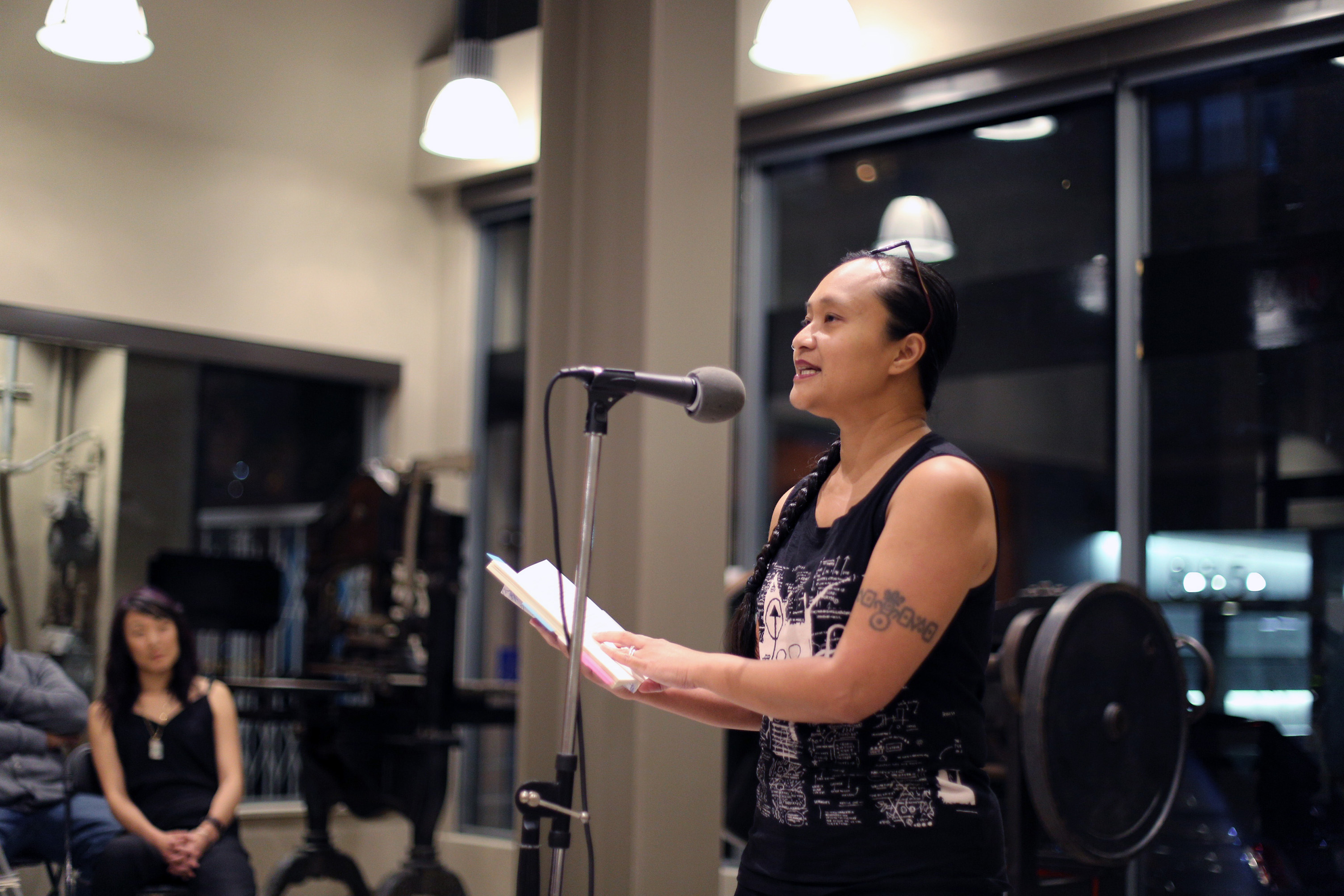
The public hostility toward those who dared to question Trillin’s poem was clearly symptomatic of the more general failure to acknowledge the nuances of problematic racial discourse in our country, as well as of the ways in which the voices of people of color are constantly “talked over” by white people in positions of relative power. But Calvin Trillin was not the only party to blame. The editors of the New Yorker failed just as much in their roles as literary gatekeepers: first, when they decided to publish Trillin’s poem, and again, when they declined to address readers’ concerns about its appearance in the magazine. As I watched the bitter aftermath of the incident unfold before me on LR’s social media feeds, I was reminded of something that Barbara Jane Reyes had observed during our reading at the Bookbinders Museum in reference to Theresa Hak Kyung Cha’s Dictée. The question at the heart of the matter for both Cha and Asian American voices today, Reyes said, is always this: Who gets to speak for us? Who gets to tell our stories?
Publishing’s Diversity Problem
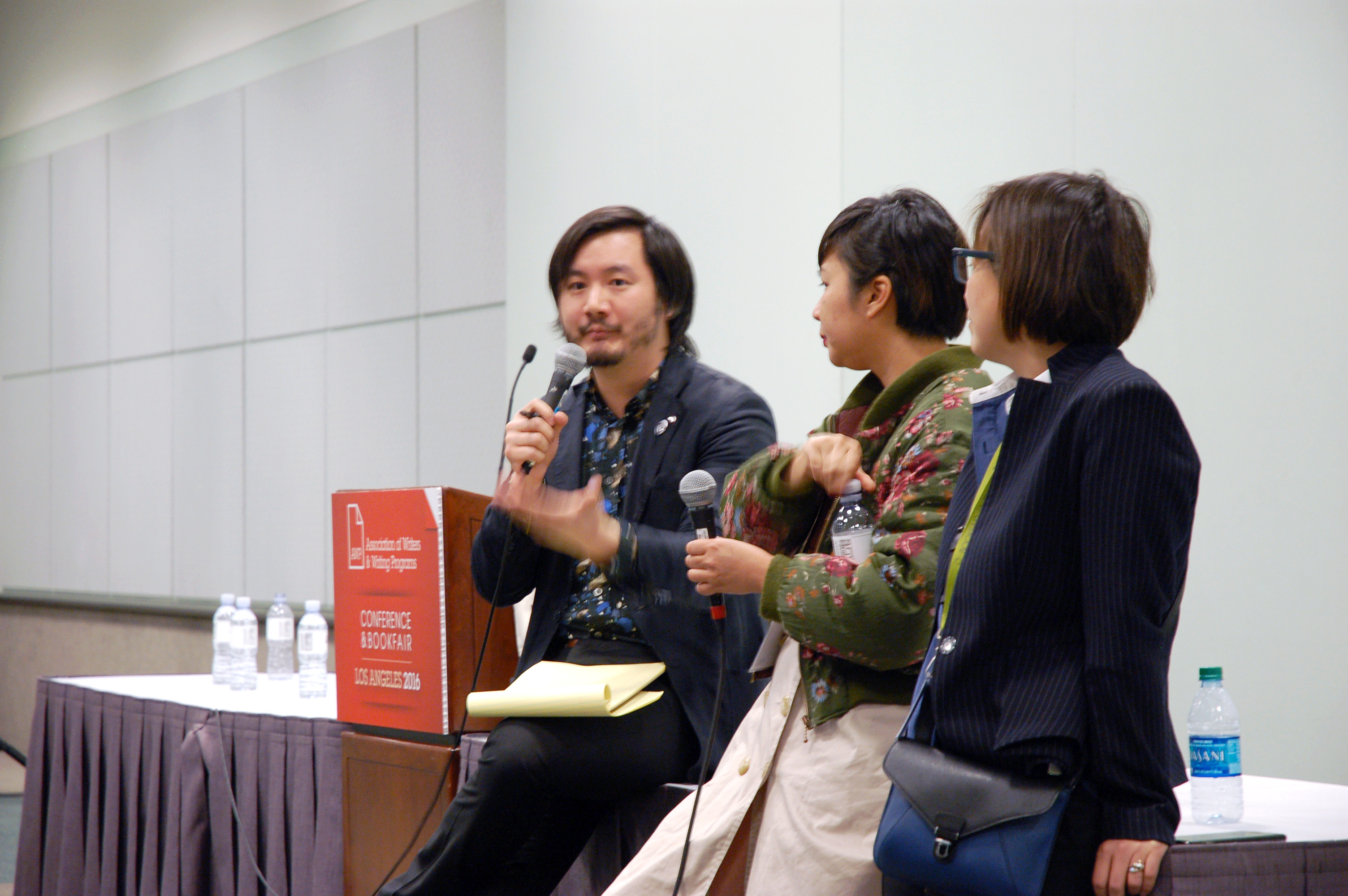
The Trillin incident and others of a similar bent have served to highlight one of the most pressing issues in the contemporary publishing industry: in this country, the people who make decisions about whose work gets published, the people who are responsible for selling books, and the people who review books—essentially, those who serve as the gatekeepers for what literature gets read and how works are received and consumed by the public—are an overwhelmingly homogeneous group. According to a recent survey of the publishing industry by Lee and Low, 86% of publishing executives across the industry are white, as are 82% of editorial staff and 89% of book reviewers. Is it any wonder that, even as the demographics of the US population shift toward greater and greater racial diversity, the face of published literature in our country has remained eerily static, and the mainstream publishing industry has found itself ill equipped (or even seemingly disinclined) to adequately represent diverse literary voices?
Where Do We Go from Here?
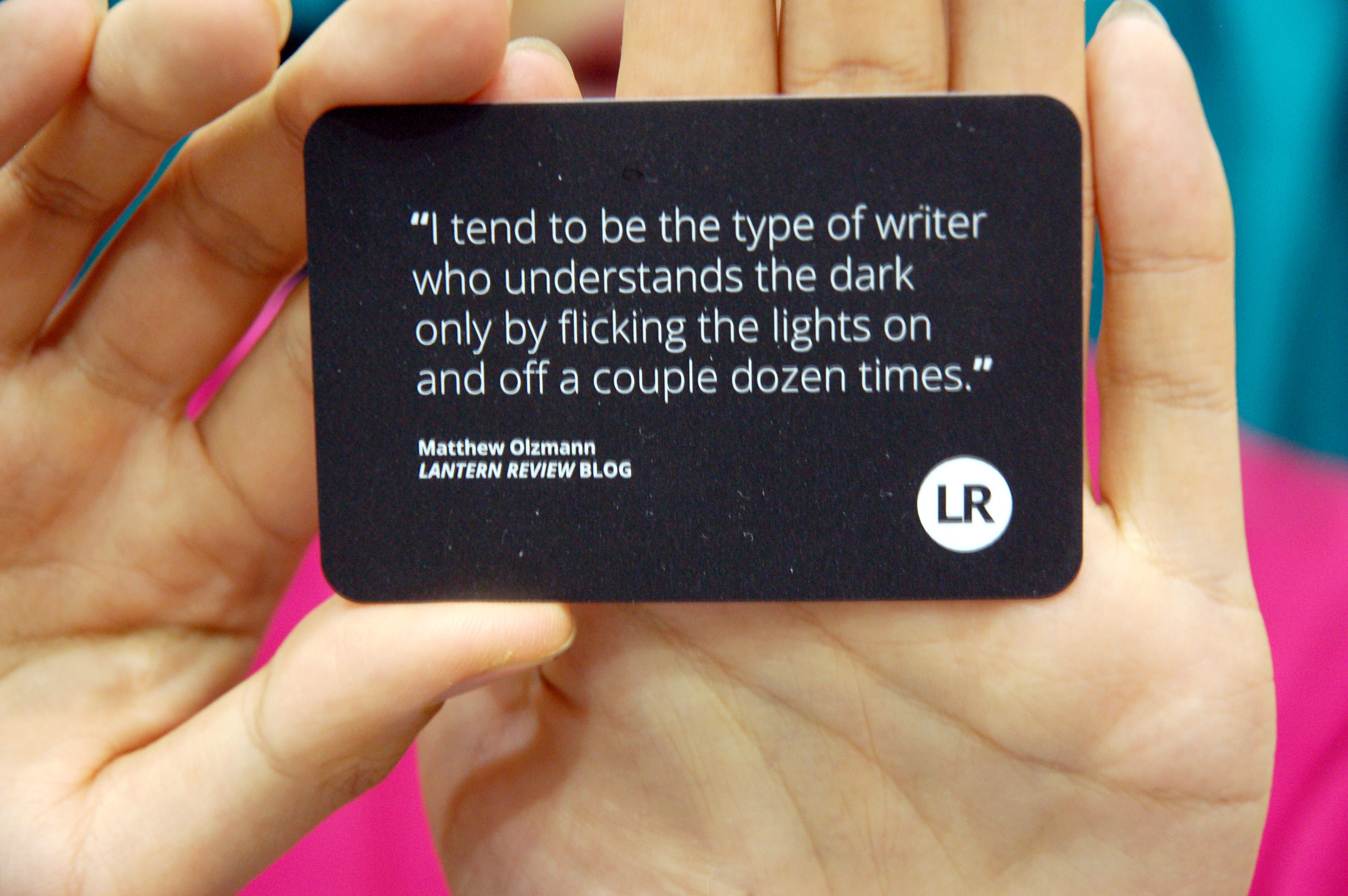
It’s clear to us here at LR that there is great hunger and need within our community. We heard several pressing concerns repeatedly expressed at the Asian American caucus at AWP: How do we build safe, alternative spaces for our communities and for our work? How do we get publishers to pay attention to our writing? How do we build understanding of and appreciation for the value of storytelling, literature, and art within our communities and families? How can we assist students who face lack of institutional support within their programs? How do we ensure that the people who do the work of standard-bearing and gatekeeping in our communities receive credit and compensation for their work, and how do we make sure that we do not allow them to burn out?
We have a tall order set before us. So where can we begin? Here are just a few thoughts.
Continue reading ““Who Gets to Speak for Us?”: On Representation, Gatekeeping, and Community”
